ChatGPT is a popular chatbot powered by artificial intelligence (AI) technology. OpenAI created the chatbot and rose to prominence due to its ability to mimic human conversation and provide useful and articulate responses to questions and queries. In this ChatGPT travel guide, you can learn much more about the technology, how it works, the potential benefits for the travel industry, and the specific uses within travel companies.
Table of Contents:
- What is the Travel Industry?
- What is ChatGPT?
- Is ChatGPT Free to Use?
- Can ChatGPT Be Useful to Companies?
- The Benefits of Using ChatGPT in the Travel Industry
- 5 Ways the Travel Industry Can Use ChatGPT
- ChatGPT Travel Guide: 5 Real-Life Use Cases
- Further Examples of Travel Technology
What is the Travel Industry?
Before getting into the core of this ChatGPT travel guide, it is a good idea to briefly explain precisely what the term ‘travel industry’ means. A simple definition would be the various services customers may use when traveling from one location to another. It is a large industry, with many components, including accommodation, transportation, food and beverage services, entertainment, and service providers like travel agents.
This means that the hotel industry, airlines, restaurants, cruise companies, nightclubs, tour operators, and a wide variety of other business types all fall under this umbrella. The travel industry is also broader than the tourism industry, because it includes services related to all forms of travel, including travel for non-tourism purposes.
In “Travel Industry: An Overview of One of the Largest Service Industries“, you can dig deeper into this definition, access a list of the different travel industry sectors, and read tips and information on key trends.
What is ChatGPT?
No ChatGPT travel guide would be complete without a breakdown of what ChatGPT is and how it works. ChatGPT is an AI-powered chatbot, which OpenAI created. The “Chat” part of the name is self-explanatory, but the “GPT” section stands for generative pre-trained transformer, a generative language model. This means it can generate text and other data in response to prompts the user enters.
ChatGPT was developed to provide intelligent, articulate, human-like responses to questions and queries. Prompts can also be entered, to get ChatGPT to create articles, emails, blog posts, social media content and much more.
Is ChatGPT Free to Use?
ChatGPT is available to use for free, although you will need to create an account before using it. The core features of the chatbot are all available with free account registration. Still, it is worth noting that there is the possibility of the chatbot becoming unavailable at peak times, due to servers reaching capacity.
Ultimately, if you find this ChatGPT travel guide useful and want reliable access to ChatGPT, such as for travel marketing purposes, it may be worth paying for ChatGPT Plus. This provides priority access, even at peak times. In addition, you will get faster response times and will be among the first to benefit from new features and plug-ins as they are created.
Can ChatGPT Be Useful to Companies?
As we will cover in greater depth later in this ChatGPT travel guide, the technology can be incredibly useful for travel companies, in several ways. Primarily, ChatGPT is useful because it can mimic human conversation and communication. This makes it highly effective as an automation tool.
For example, ChatGPT can create online content, like articles, blog posts, and social media content. This can be highly beneficial when you and your employees are pressed for time. ChatGPT can also be used for customer service and personalization purposes, making it a form of travel technology that is highly versatile.
The Benefits of Using ChatGPT in the Travel Industry
In the following sections of this ChatGPT travel guide, you will understand some benefits of using ChatGPT for travel businesses.
Increased Customer Satisfaction
A crucial way in which ChatGPT travel applications can benefit businesses is through improvements to overall customer satisfaction levels. This can occur for several reasons, but one of the most important is the rapid response times on offer, which can help to ensure customers receive answers to questions quickly.
According to research from various sources compiled by HubSpot, most customers expect a response on Facebook or Twitter within 30 minutes. However, almost 80 percent of customers prefer to use live chat, where they expect response times to be extremely fast – often within a minute. ChatGPT can help you to meet these expectations.
Cost Reduction
One of the major features that will be highlighted repeatedly throughout this ChatGPT travel guide is the role of ChatGPT in delivering on your automation needs. This has the knock-on effect of allowing you to reduce your costs, because less work will need to be performed by human employees.
As a customer service tool, ChatGPT works best when used alongside human reps. In these situations, ChatGPT can deal with simple questions or requests while gathering relevant data from more complex interactions and then passing that information on. This also means fewer staff will be needed in the workplace at any given time.
Data Analysis and Collection
Another major benefit of using ChatGPT, less frequently referenced in other ChatGPT travel guide articles, is its role in collecting data for further analysis. In particular, ChatGPT can gain valuable data about what customers like, dislike, want, need, and expect through interactions with your customers.
Over time, you can analyze the data collected, and ChatGPT can assist with this step too. Using the information gained by ChatGPT, a business in the restaurant industry could make changes to its menu, or a hotel could alter the additional services available to guests to live up to and exceed customer expectations.
5 Ways the Travel Industry Can Use ChatGPT
In this section of the ChatGPT travel guide, you will learn more about some of the specific uses for ChatGPT and AI technology in businesses operating within the travel industry.
1. Booking and Reservations
A growing number of hotels, restaurants, and businesses in the airline industry are starting to deploy ChatGPT for the purposes of handling bookings, reservations, and other similar customer requests. The technology can assist customers, or those involved with travel management for businesses, allowing bookings to occur quickly and with minimal effort.
This also means companies can respond to requests for bookings and reservations around the clock, rather than only when human staff members are working. Businesses can expand their self-service options, removing possible booking barriers, ultimately leading to more bookings and increased revenue.
2. Customer Service
ChatGPT travel applications also extend to customer service, where the technology can be used as a chatbot. With this approach, your customers will ask questions, request information, or communicate other information, and ChatGPT can automatically understand what has been said and respond appropriately.
The two major benefits of ChatGPT for customer service are the extremely fast response times available and the fact that it can provide support for customers on a 24/7 basis. As we covered earlier in this ChatGPT travel guide, using technology for customer service can also help companies save labor money.
3. Personalized Recommendations
Although much of this ChatGPT travel guide has focused on the technology’s ability to respond to questions, ChatGPT can also provide personalized recommendations to users. This can be achieved by allowing ChatGPT to access relevant data about past customer behavior or by responding to specific user requests.
Recommendations can vary substantially, based on the type of business. For instance, within airlines and the aviation industry, recommendations could be destinations, based on a customer’s journey history, whereas, in a restaurant, the recommendation could be a meal or a reservation time based on past visits and previous orders.
4. Travel Information
Another great way to use ChatGPT to interact with your customers is by deploying it to provide them with important information they may need before they travel. A good example of this would be offering information on local etiquette and customs or how to stay safe while they are in the area.
Once travelers have arrived, you can deploy the technology as a kind of ChatGPT travel guide or companion, offering information about the best places to visit or the local transportation options. ChatGPT can free up staff members who may need to assume responsibility for delivering this information.
5. Marketing
Finally, one of the biggest travel trends related to ChatGPT is its use as a marketing tool. For instance, on your own website, you can set it up so that the chatbot automatically begins a conversation with the user, and this initial contact can include promotional language, recommendations, or information on upcoming events.
Similarly, ChatGPT can reach out to users on social media platforms and tell them about special offers, new services, and more. Within hotels, you can create a ChatGPT travel guide or tourist information tool, helping to upsell and cross-sell. Meanwhile, ChatGPT could also assist with your content marketing needs by automatically generating content, researching the keywords and phrases to target, or generating content ideas.
ChatGPT Travel Guide: 5 Real-Life Use Cases
In the following sections of this ChatGPT travel guide, you can read about some of the best-known real-world use cases for ChatGPT within travel industry businesses.
1. Expedia
Expedia is an extremely popular travel brand, and the company’s mobile app also serves as an important real-life use case for ChatGPT in the travel industry. When users open the Expedia app, they will see an option to “Explore trip ideas with ChatGPT“. This trip-planning experience takes the form of an online chat.
Users can have an open-ended conversation with ChatGPT about travel ideas. Based on this discussion, automated trip planning is one of the best features. For example, when a user talks to ChatGPT and a specific hotel is mentioned, this hotel is automatically saved within the app, making it much easier to check availability later on.
Video: Expedia launches new feature powered by ChatGPT to help plan travel
2. Kayak
The Kayak platform also includes a ChatGPT travel assistant, which enables users to interact with the service in a way that more closely resembles speaking to a human travel agent.
This can be extremely beneficial for customers, because they can ask questions and receive much more personalized advice and recommendations. ChatGPT can also draw from Kayak’s travel data, allowing the power of AI to be used to full effect and ensuring that customer satisfaction levels are enhanced.
Image attribution: Twitter
3. Duve
Duve is a digital solution that hoteliers can use to improve the guest experience. DuveAI functions as a multi-purpose ChatGPT travel solution for hotels. It allows users to automatically prioritize tasks, based on urgency, the status of the guest, and more, ensuring less time is wasted on low-priority tasks.
The solution can also automatically produce content targeted towards guests, which can be used across various platforms. Moreover, the ChatGPT chatbot can automatically respond to interactions from guests, answering their questions or providing human employees with suggested responses, which can be easily amended before being sent.
Image attribution: Duve
4. Trip.com
Trip.com has also used the technology, creating TripGen; a ChatGPT travel guide. Users can ask questions or type out their preferences and receive a tailored response, including suggestions for hotels, flights, tours, travel experiences, and more.
This can make the user experience easier and more enjoyable, while saving customers from exploring the different options and narrowing them down gradually and carefully. The chatbot offers support for a variety of languages.
Image attribution: Travolution.com
5. Air India
Air India has become one of the first major airlines to invest significantly in ChatGPT technology, which it intends to use to help bring its various customer and staff services into a new age.
ChatGPT will ultimately serve as a customer service chatbot, providing rapid, useful responses to customers at all times of the day across the website and mobile app. On top of this, AI technology will be used to assist Air India with marketing and other business areas that can benefit from an efficiency boost.
Video: Air India deploys generative AI across its operations with Databricks
Further Examples of Travel Technology
In addition to this ChatGPT travel guide, it can be useful to learn about other technology businesses can use in the travel industry. Keeping up-to-date with travel technology trends is essential for staying competitive, optimizing productivity, and meeting customer expectations.
In the “Key Technology Trends Emerging in the Travel & Tourism Industry” article, you can learn much more about this topic and make sure your business is equipped with the technology solutions most likely to lead to success.
ChatGPT Travel Guide FAQs
ChatGPT is a technology deployed across the travel industry for various purposes, including customer service. This ChatGPT travel guide should provide you with information and inspiration so that you can consider whether your business could benefit from investment in this area.
Want to Learn More About ChatGPT in Related Industries?
In the following articles, you can learn more about the use of ChatGPT in related industries.
- ChatGPT Hotel Guide: Learn How Hotels Can Benefit from ChatGPT!
- ChatGPT Hospitality Guide: How ChatGPT Can Help the Hospitality Industry
- ChatGPT Tourism Guide: How the Tourism Industry Can Benefit!
More Tips to Grow Your Business
Revfine.com is the leading knowledge platform for the hospitality and travel industry. Professionals use our insights, strategies, and actionable tips to get inspired, optimize revenue, innovate processes, and improve customer experience.Explore expert advice on management, marketing, revenue management, operations, software, and technology in our dedicated Hotel, Hospitality, and Travel & Tourism categories.

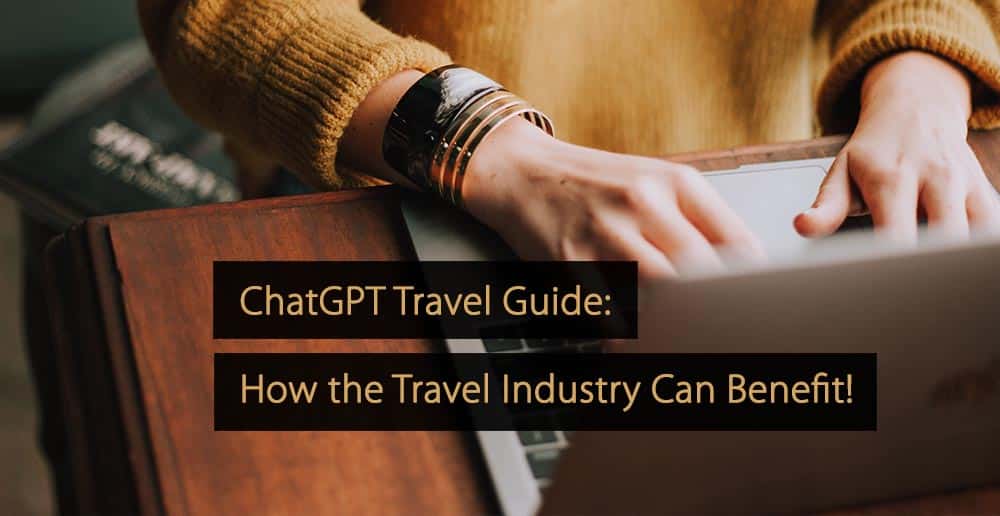
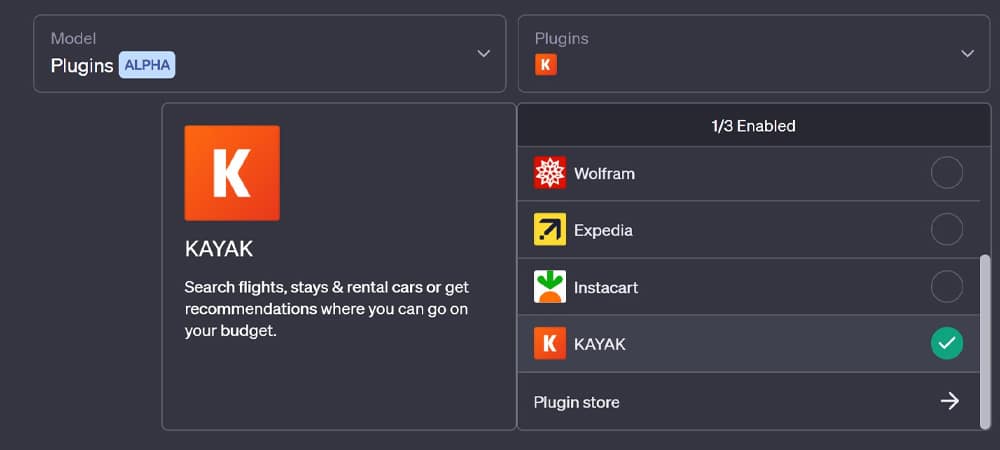
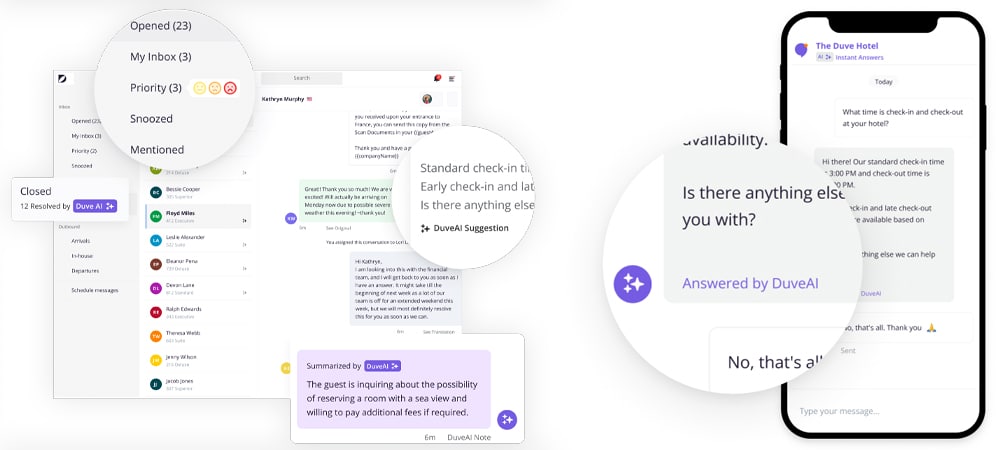
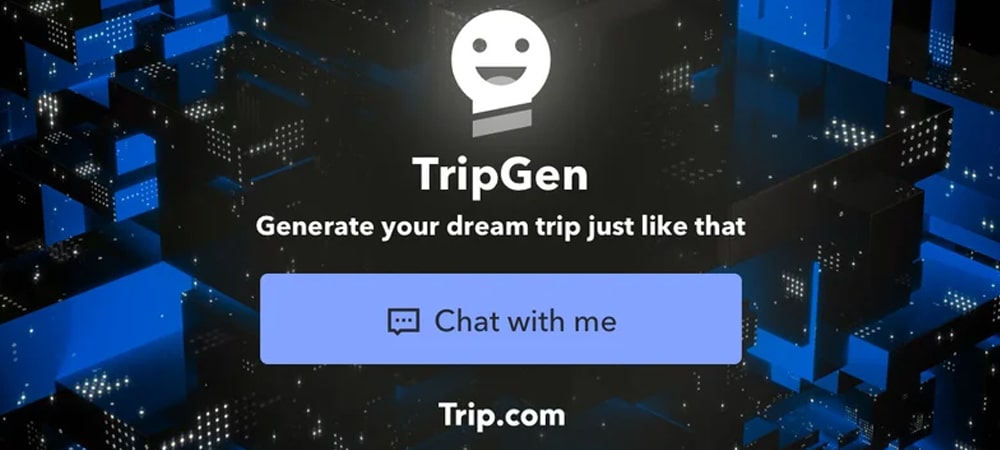
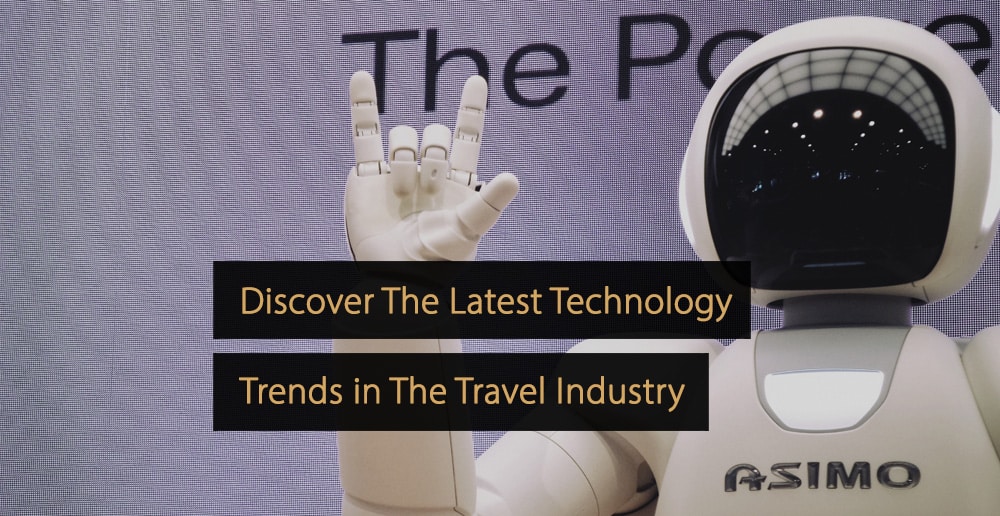
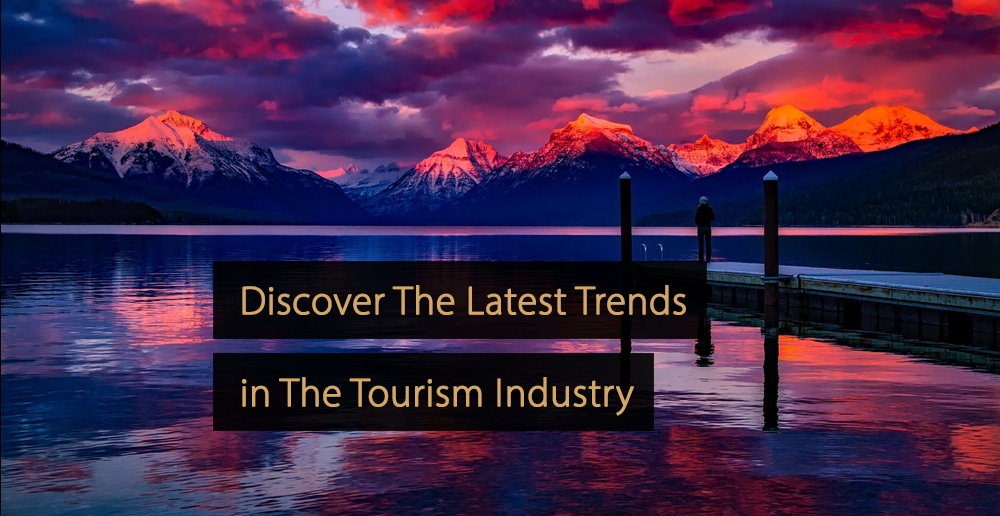
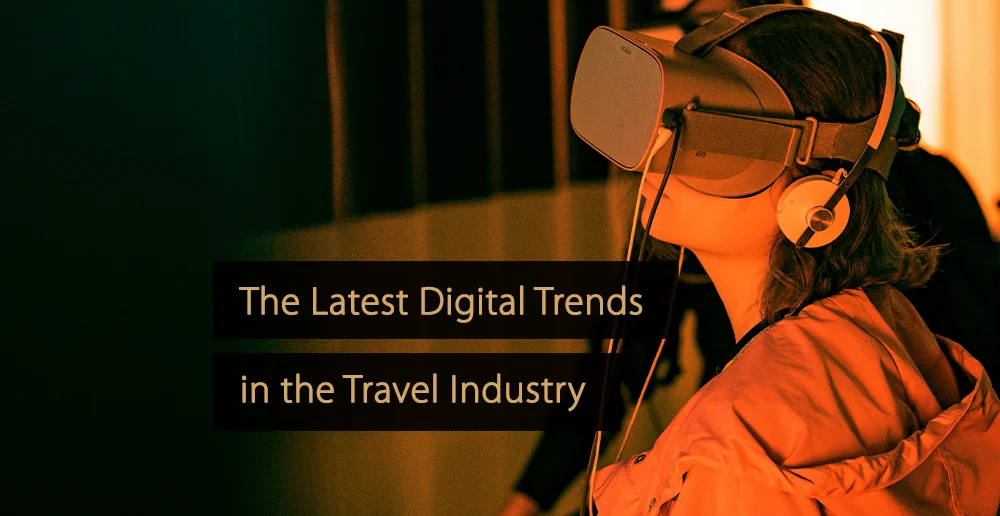
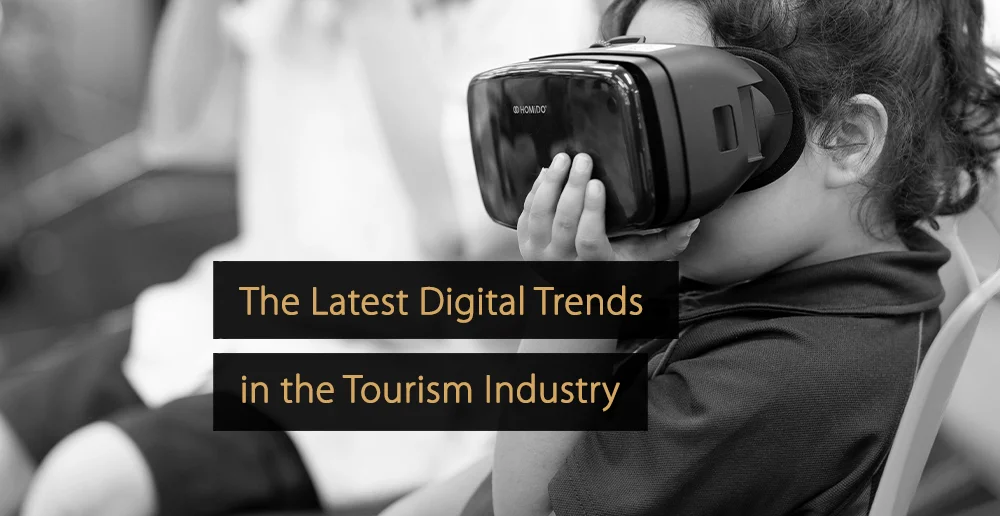
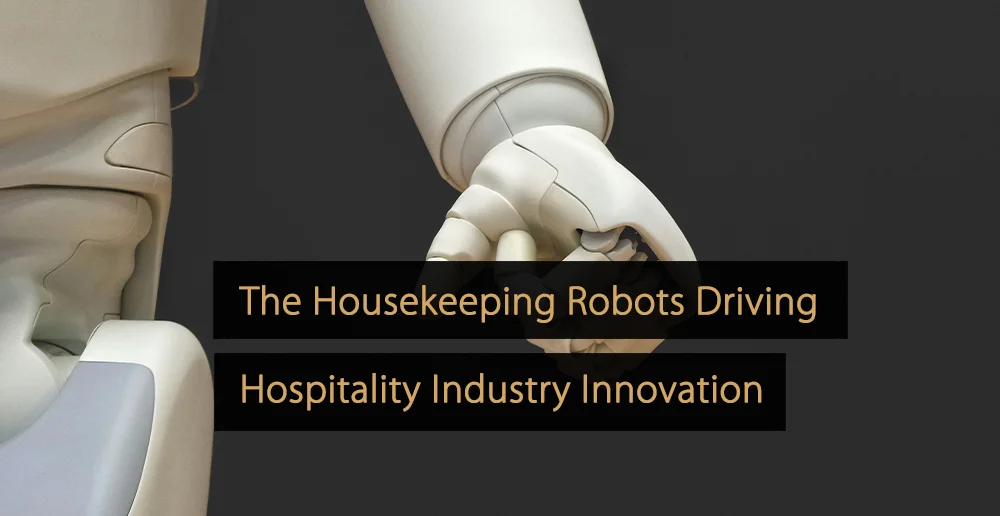
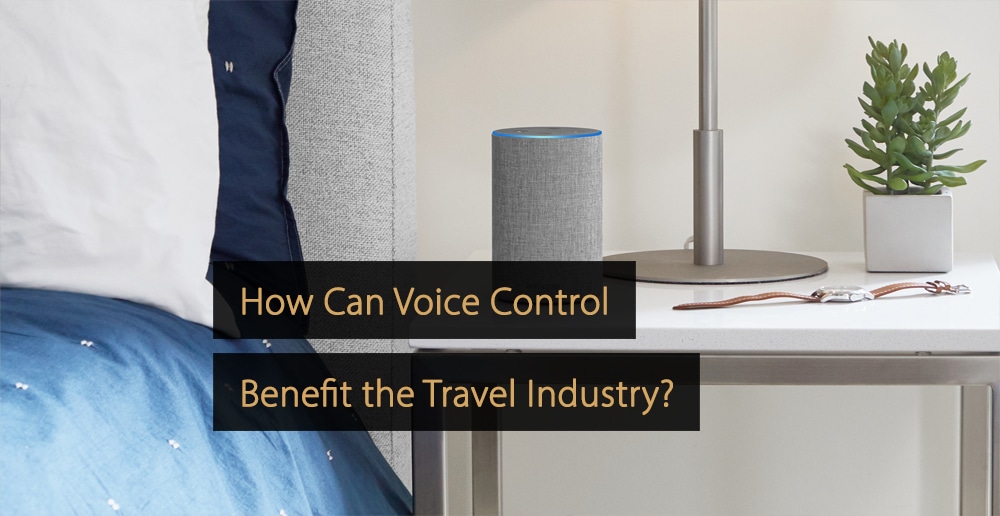
Leave A Comment